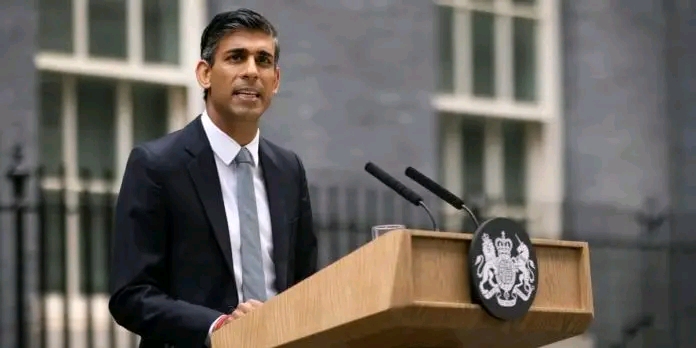
Prime Minister Rishi Sunak’s statement that attending university is not necessary for success has elicited contrasting responses.
Rishi Sunak, the Prime Minister of the United Kingdom, has generated diverse opinions after suggesting that attending university is not a requirement for life success.
In a recent social media post, Rishi Sunak stated that university education is not essential for achievement in life.
This remark coincides with difficulties faced by international students, especially from Nigeria and Iran, in the UK higher education system.
Many UK students face potential roadblocks in graduating or re-enrolling due to unpaid debts. Several universities, including the University of Sussex, have alerted students, primarily international students with outstanding debts, that they may encounter difficulties continuing their education.
A Nigerian student at Sussex University, facing financial difficulties due to currency exchange rate fluctuations, has expressed a desire to pay their outstanding debts but requests a time extension.
The student explains that their monthly income of £800 is now insufficient to cover their weekly accommodation costs of £182, making it challenging to meet their basic needs as a student in Brighton.
Adenike Ibrahim, a diligent student, was on the brink of finishing her dissertation after two arduous years of study. However, a single missed fee disrupted her progress. She was promptly disenrolled from her course and authorities alerted the Home Office.
Despite promptly settling the outstanding balance, her request for reinstatement was denied. As a result, she faced the impending threat of deportation, coupled with the prospect of leaving the country with her young son.
Ibrahim stated that he had missed payments, but he had previously paid a significant portion of his tuition (90%) and had attended all classes. He contacted the institution seeking a payment arrangement, but they were indifferent to the well-being of their students. Ibrahim described the situation as “terrible” and mentioned that his son was experiencing significant distress.
Students from Nigeria and Iran are facing financial difficulties, particularly in paying their tuition, due to the sharp decline in the value of their respective currencies.
British universities have removed students who failed to pay their fees and notified the Home Office, despite their savings being depleted by the Nigerian currency crisis. The universities claimed they were obligated to do so as unpaid fees violate visa sponsorship regulations. However, they offered personalized payment arrangements to assist the students.
Related Posts 📫
Discover more from JUNIITV.ONLINE
Subscribe to get the latest posts sent to your email.







